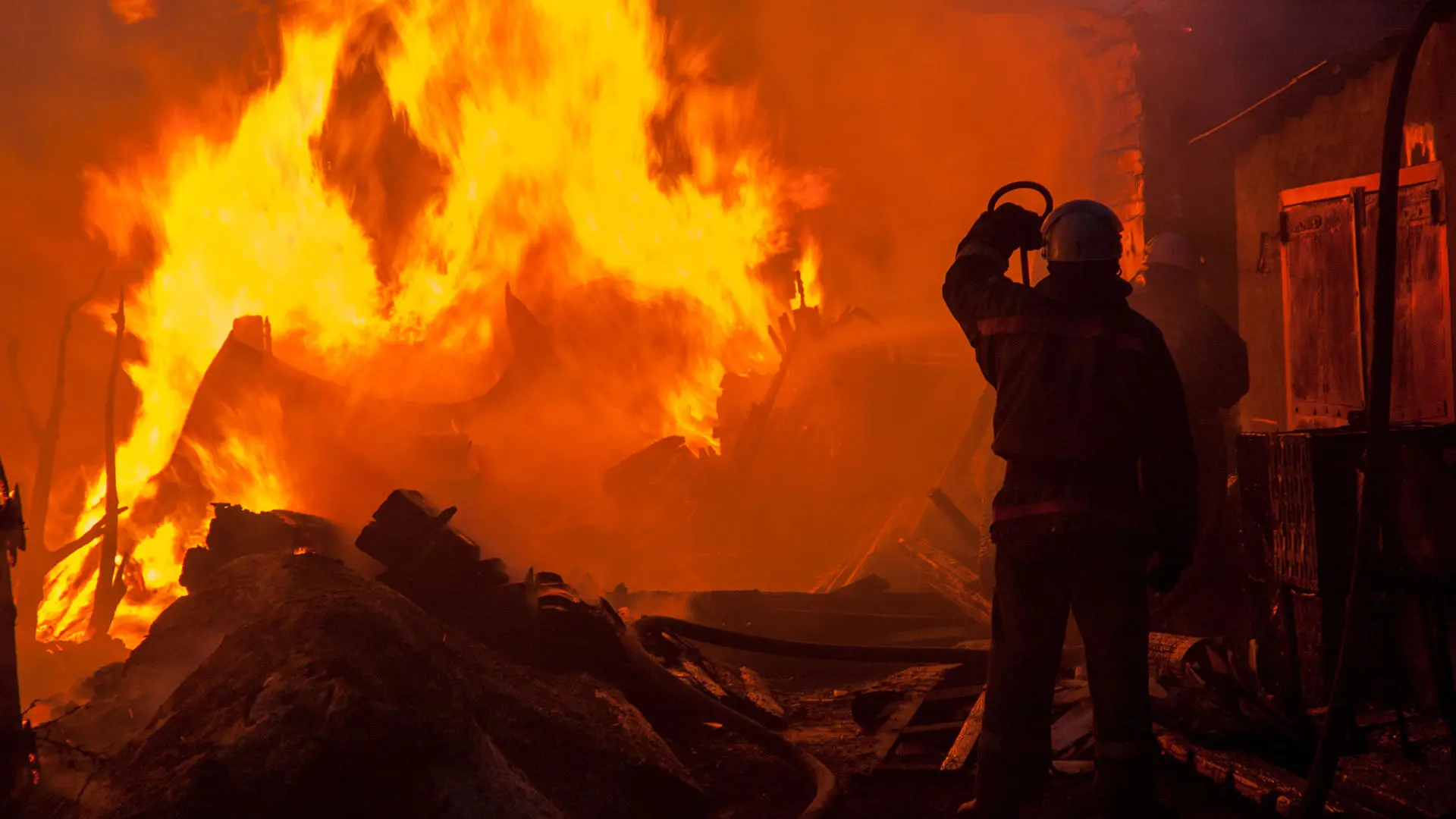This will be a collaborative project between:
- University of Central Lancashire (UCLan) (Lead organisation)
- Stellenbosch University (SU)
- Hydrock
- Lancashire Fire and Rescue Service (LFRS).
Dr Eleni Asimakopoulou is a Lecturer in Fire Engineering. With her deep knowledge of building fire safety and testing, she will act as a UCLan Lead primary actor on the project by supporting activities related to testing and analysis of results.
Dr. Shephard Ndlovu is a Senior Lecturer in Fire Safety Engineering, providing vast experience in experimental studies involving fire testing.
Prof. Champika Liyanage, Co-Director of Centre for Sustainable Transitions, will support in literature review and recommendations development.
Prof. Richard Walls, Head of Fire Engineering Unit at SU and specialist in informal settlement safety will provide his insight from real fire incidents to results analysis.
Chris Randall, Principal Fire Engineer at Hydrock, will act as a researcher; analysing results, and developing computational modelling, validated through experimental results. Chris’ years of experience afford academic and commercial expertise; thriving when delivering complex schemes to ensure occupant safety. Chris has previously conducted original research involving the UK Fire Service and the homeless community.
A proof-of-concept numerical method will be developed to help model IS fire spread aligning with the LRF ‘Challenge’ for Safety of Physical Infrastructure (LRF-CSPI), which notes the use of advanced computing power to simulate complex environments. To validate the method, scale-models testing will be performed aligning with LRF-CSPI to understanding complex construction systems by measuring their true condition. Research data analysis reaches the LRF strategic goal to use “best evidence and insight”. Overall, this project will use fire engineering techniques to create a safer world for vulnerable communities and aligns with engineering a safer world LRF Vision.
A multi-parametric computational model will be developed by the Research Assistant with the support of the research team, using B-RISK open-access software. Current state-of-the-art knowledge will be enhanced as semi-probabilistic results will be produced by applying statistical distribution of various parameters such as spacing, ventilation and waste accumulation. To further validate the numerical methodology, scale-model fire experiments in multiple dwellings will be performed at Washington Hall, Service Training Centre.

